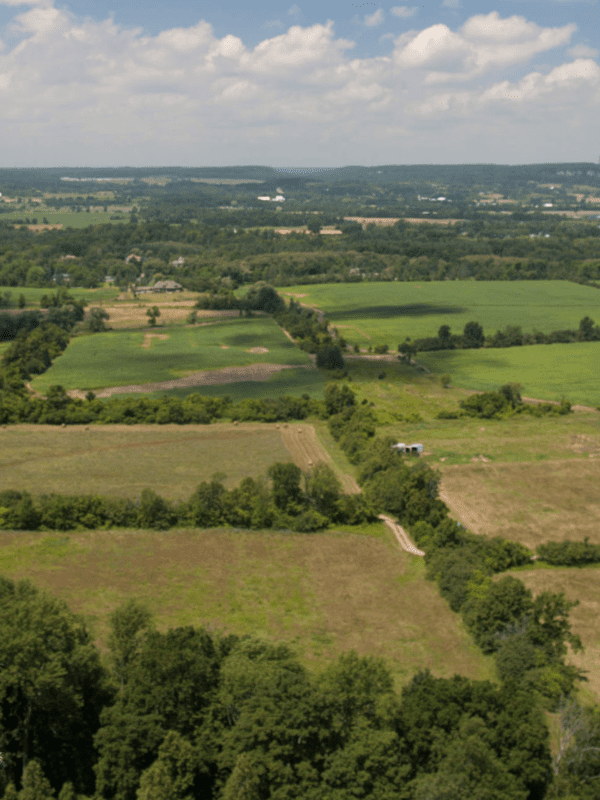Toronto | Traditional territories of the Huron-Wendat, the Anishnaabeg, Haudenosaunee, Chippewas and the Mississaugas of the Credit First Nation – Bill 109 is as grave a disappointment for the environment as we know it is for housing advocates.
Unless Ontario slams on the brakes before July 1st of this year, this government’s land use planning rules will see it lock in 30 more years of the car-dependent sprawl, suburban highways, and exclusionary zoning that have made housing unattainable by choking off supply in the existing neighbourhoods where people want to live.
Last month’s Housing Affordability Taskforce Report – and years of advice from environmental NGOs – should have led the government to restart the planning process with new rules that end exclusionary zoning and meet the next 30 years of housing demand by adding hundreds of thousands of homes in existing “single detached” neighbourhoods, rather than expensive sprawl on farmland, forests and wetlands.
Today’s proposed legislation, and the Minister’s comments to the media, signal that the provincial government does not intend to act before it is too late to make that happen.
There is no prospect that this grab-bag of technical and procedural amendments will deliver the hundreds of thousands of new townhomes, semi-detached homes and walk-up apartments within existing neighbourhoods to meet housing demand and end sprawl. Proposed changes to the Minister’s Zoning Order power will not stem the flood of sprawl MZOs, and the proposed changes to Official Plan appeals might actually make it harder to allocate new housing to existing low-rise neighbourhoods.
Ontarians concerned about housing affordability and preserving farmland, forest and wetlands should not be appeased by Minister Clark’s promise of “consultation” after this June’s election. Unfortunately, his government still seems intent on locking in Official Plans that hinge on the continuation of exclusionary zoning and that could reduce future discussion of zoning reform and more homes in “single detached” neighbourhoods to a fruitless academic exercise.
ABOUT ENVIRONMENTAL DEFENCE (environmentaldefence.ca): Environmental Defence is a leading Canadian environmental advocacy organization that works with government, industry and individuals to defend clean water, a safe climate and healthy communities.
– 30 –
For more information or to request an interview, please contact:
Allen Braude, Environmental Defence, abraude@environmentaldefence.ca






